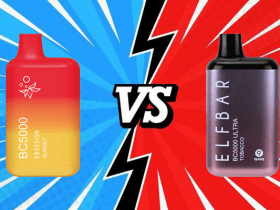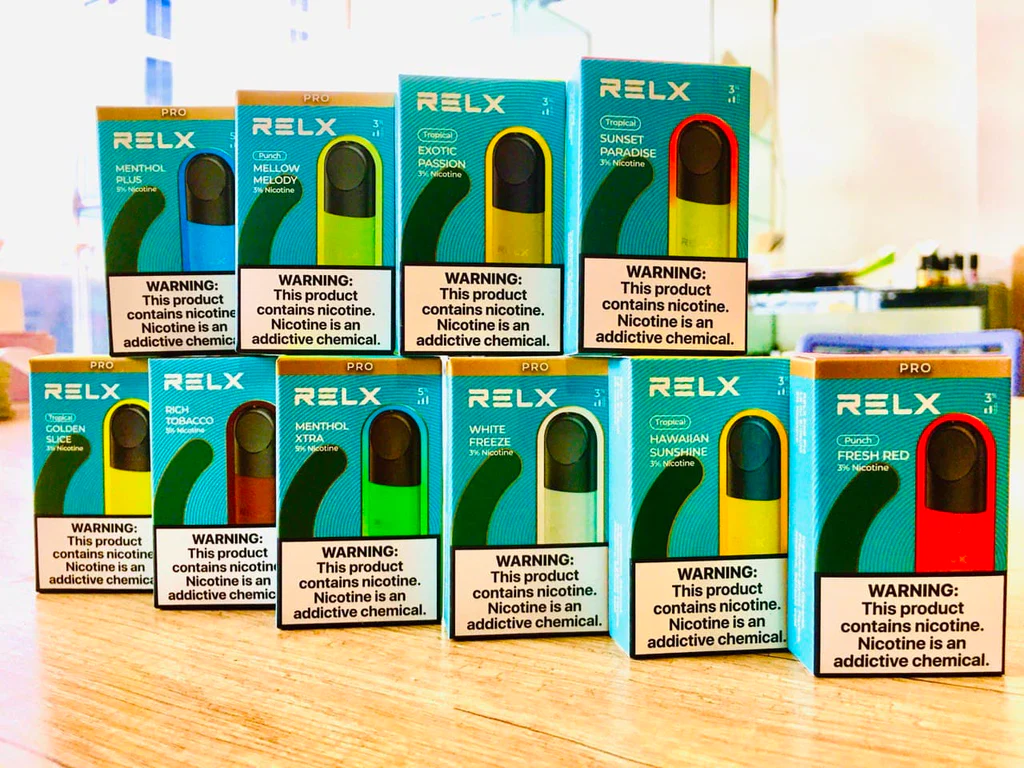Vaping has become a trend among teenagers and young adults in recent years. However, due to the increasing awareness of its harmful effects on health, many people are now considering quitting vaping. If you’re one of those people, you might be wondering what happens to your body after quitting vaping. In this article, we will discuss the physical and psychological effects of quitting vaping and how to cope with them.

Why Quitting Vaping is Important
Vaping involves inhaling aerosol or vapor that contains nicotine and other harmful chemicals. Nicotine is a highly addictive substance that affects the brain and nervous system. It can cause an increase in heart rate, blood pressure, and respiration. Nicotine also releases dopamine, a feel-good hormone that creates a sense of pleasure and reward. This can lead to addiction and dependence on nicotine, making it difficult to quit vaping.
Quitting vaping is important because it can have long-term health benefits. Studies have shown that vaping can increase the risk of lung cancer, respiratory problems, and cardiovascular disease. Quitting vaping can reduce the risk of these health problems and improve your overall well-being.
Physical Effects of Quitting Vaping
1. Nicotine Withdrawal
One of the most significant physical effects of quitting vaping is nicotine withdrawal. When you quit vaping, your body craves nicotine, which can cause withdrawal symptoms such as headaches, nausea, anxiety, irritability, and difficulty concentrating. These symptoms can last for several days or weeks, depending on how long and how much you vaped.
2. Respiratory Problems
Vaping can cause respiratory problems such as coughing, wheezing, and shortness of breath. These symptoms can improve after quitting vaping, but it may take some time for your lungs to recover.
3. Increased Appetite
Nicotine can suppress appetite, so when you quit vaping, you may experience an increase in appetite. This can lead to weight gain, but you can manage it by eating healthy foods and staying active.
4. Improved Sense of Smell and Taste
Vaping can dull your sense of smell and taste, but quitting can improve them. You may notice that food tastes better, and you can smell things more clearly.
Psychological Effects of Quitting Vaping
1. Anxiety and Depression
Quitting vaping can also have psychological effects such as anxiety and depression. Nicotine stimulates the brain’s reward system, so when you quit, you may feel a sense of loss or sadness. These feelings can be temporary and can be managed with counseling or support groups.
2. Mood Swings
Nicotine withdrawal can cause mood swings, making you feel irritable, angry, or frustrated. These feelings can be intense, but they usually subside after a few days.
3. Cravings
Quitting vaping can also cause intense cravings for nicotine, which can be difficult to resist. These cravings can last for weeks or months, but they will eventually subside.
Coping Strategies for Quitting Vaping
1. Nicotine Replacement Therapy
Nicotine replacement therapy (NRT) can help reduce nicotine withdrawal symptoms and cravings. NRT includes products such as nicotine gum, patches, and lozenges, which provide a small dose of nicotine to the body.
2. Exercise
Exercise can help reduce stress and anxiety, which can help you cope with nicotine withdrawal symptoms. It can also improve lung function and overall health.
3. Healthy Eating
Eating a healthy and balanced diet can help manage weight gain and improve overall health. Avoid sugary and processed foods, and instead, eat fruits, vegetables, whole grains, and lean protein.
4. Support Groups
Joining a support group can provide emotional support and guidance from others who are also quitting vaping. Support groups can be in-person or online and can provide a safe space to share experiences and strategies for coping with nicotine withdrawal symptoms.
5. Therapy
If you’re struggling with anxiety, depression, or other psychological effects of quitting vaping, consider seeing a therapist. Therapy can provide tools and coping strategies to manage these feelings and help you stay on track with your quit journey.
Conclusion
Quitting vaping can have significant physical and psychological effects, but the long-term health benefits are worth it. Nicotine withdrawal symptoms and cravings can be difficult to manage, but there are coping strategies available, such as NRT, exercise, healthy eating, support groups, and therapy. Remember, quitting vaping is a journey, and it’s okay to ask for help along the way.
FAQs
1. Is it normal to feel anxious after quitting vaping?
Yes, it is common to experience anxiety and other psychological effects after quitting vaping. These feelings can be temporary and can be managed with coping strategies such as therapy or support groups.
2. How long do nicotine withdrawal symptoms last after quitting vaping?
Nicotine withdrawal symptoms can last for several days or weeks after quitting vaping, depending on how long and how much you vaped. However, the intensity and duration of these symptoms can vary from person to person.
3. Can quitting vaping cause weight gain?
Yes, quitting vaping can cause weight gain due to an increase in appetite. However, you can manage weight gain by eating a healthy and balanced diet and staying active.
4. How do I cope with nicotine cravings after quitting vaping?
Coping strategies for nicotine cravings include nicotine replacement therapy, exercise, healthy eating, support groups, and therapy. It’s important to find the coping strategies that work best for you.
5. Is it okay to ask for help when quitting vaping?
Yes, it is okay to ask for help when quitting vaping. Quitting vaping can be challenging, and seeking support from others can provide encouragement and guidance along the way.

















Leave a Reply